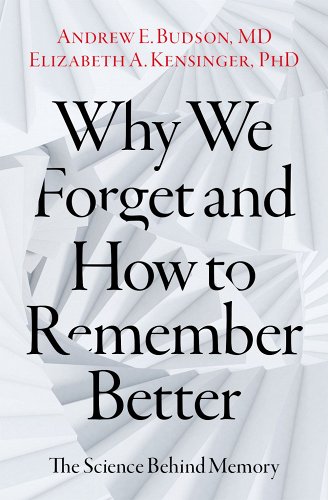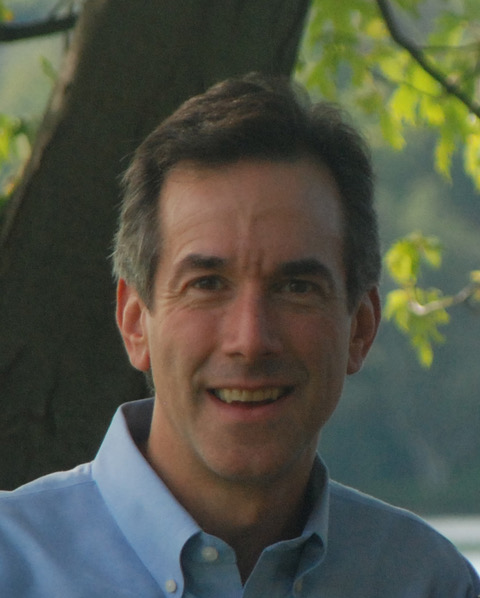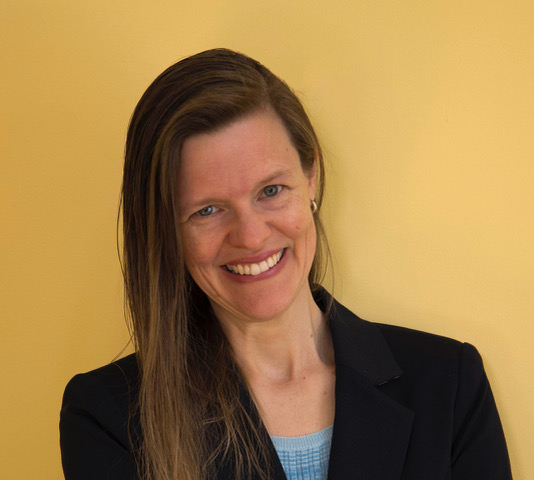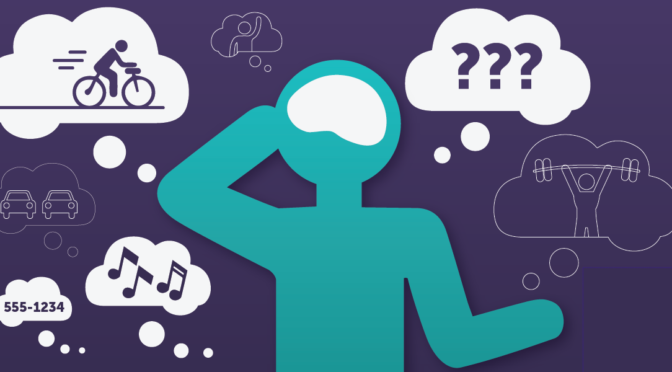Why do we remember certain things and forget others? Well research shows us that committing things to memory is far more complex than we imagine but so too is retrieving that information.

According to neurologist Andrew Budson and neuroscientist Elizabeth Kensinger, forgetting is a necessary part of the process and there’s nothing shameful about using memory aids. In their book “Why We Forget and How to Remember Better: the science behind memory” they outline the three different phases that must occur, in order for us to have access to past content. They suggest some useful tips for helping us improve our recall and also say that sleep is critical if we are to have long-term access to our stored information. Other factors like aerobic exercise, eating right, interacting socially and doing crossword puzzles are all good tools that will help keep brains healthy and maintain strong memories.
Recorded 2/28/2023

Andrew E. Budson, MD is Professor of Neurology at Boston University, Lecturer in Neurology at Harvard Medical School, and Chief of Cognitive & Behavioral Neurology at the Veterans Affairs Boston Healthcare System. His career combines education, research, and clinical care to help those with memory disorders. Budson is also the author of Seven Steps to Managing Your Memory.
Elizabeth A. Kensinger, PhD is now Professor and Chairperson of the Department of Psychology and Neuroscience at Boston College. She directs a research laboratory that investigates many aspects of human memory, including how emotion, stress, and sleep affect memory, and how memory strengths shift as adults age.


Support our mission to provide free an open discussions about the pertinent issues and ideas confronting us, in the world today. Express your appreciation for our work – just hit the button below.


